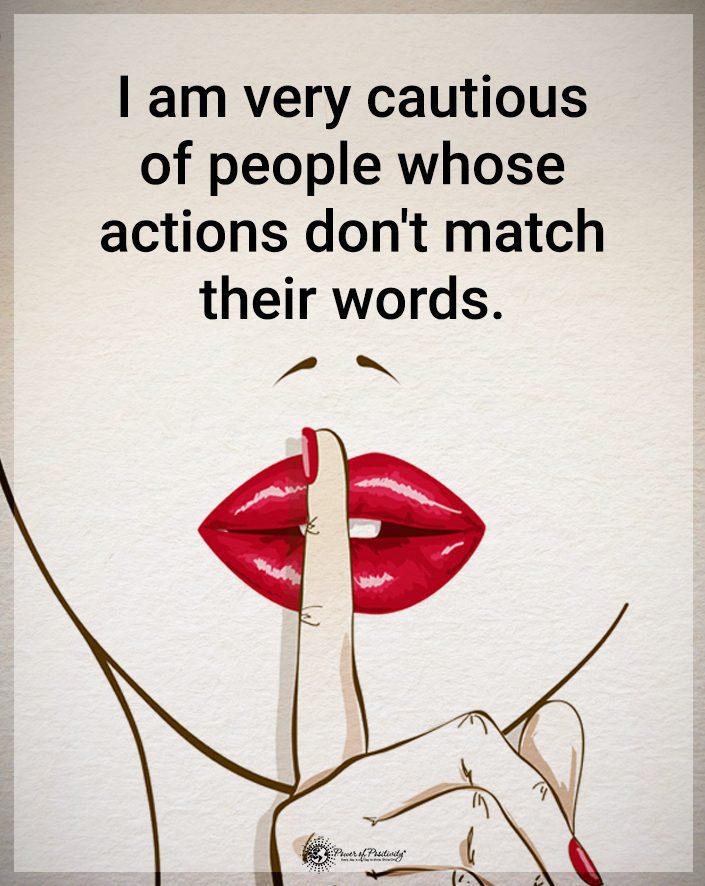There’s nothing worse than going about your day when you suddenly interact with a rude person and have a nasty reaction. Such an event is bound to anger you. It might even ruin your whole day. Because people are reactionary, a rude person is bound to elicit a reaction. But reacting immediately won’t help you at all. It might make you feel good in the moment, but it has no long-term benefits.
The only thing you will achieve by reacting is blowing things even more out of proportion. Instead of ignoring that person and moving on, you’ll spend dozens of minutes arguing with them. If you’re looking for a fight, by all means, react. But it’s safe to assume that people just want to get along with their day without burdening themselves with all that negativity.
Still, you can’t stop rude people from being rude. And you have to handle the situation in one way or another. Plus, not all rude people are built the same. Some might just be straight-up mean, while others might sprinkle some rational ideas amongst the disrespectful things they say. Plus, not all bad interactions will happen with random people on the street that you can ignore.
Sometimes, your friends might act in ways they shouldn’t. Or a colleague you are forced to work with is the one causing you trouble. Considering that so many variables can change your interaction with that rude person, the best thing you can do is take a brief pause before reacting in any way.
5 Reasons to Pause Before Reacting to A Rude Person

1. You Can Analyze the Situation
As mentioned previously, not all encounters with rude people are the same. Some will be random interactions with people on the street, while others are people you know and have to interact with daily. Depending on the situation, you’ll have to adjust your reaction. So, pausing will give you time to analyze the situation and understand whether a response is warranted.
When someone is rude to you, the first thing that’s affected is your emotions. Say someone calls you a name or insults you. In that case, their words will most likely hurt you. And when people are hurt, they don’t think logically. Their instincts kick in, and they feel the need to defend themselves. In such a situation, your instinct will be to fight back or start arguing with the other person to prove that their insult has no basis.
But this won’t help you at all. If you pause and give yourself time to see, you’ll see the situation for what it is: something you don’t need to waste your time on. But if the rude person is a co-worker, you might be forced by the context you’re in to give a response. Pausing will allow you to understand what type of situation you’re in so that you can have the best reaction possible.
2. You Can Look at The Situation from the Rude Person’s Perspective
There’s no excuse for people being rude and snapping at someone no matter what they are going through. But some extenuating circumstances might make you better understand why those people acted as they did. Most people aren’t inherently evil and don’t enjoy hurting others for the sake of it. Often, such behavior stems from trauma or having to deal with many responsibilities.
It might even be that someone is rude to mask just how insecure and afraid they are. Some do it because they feel entitled to everything and believe their actions don’t have consequences. But, if you can, it’s worth it to pause and think about their reason for being rude. If you don’t know the person you had the unfortunate interaction with, that will not help. But it’s essential when dealing with people you know because it can help you empathize, leading to a much healthier discussion.
If a friend randomly snaps at you, it might be because they have some issues they haven’t told you about. Sure, their words might sting. But they might hide how hurt they are. So, it’s worth asking what made them act the way they did and if there’s anything you can help them with. Also, pausing will help you remember to be the bigger person, even if your instinctive reaction might be to snap back.
A little empathy will go a long way in ensuring that something small and insignificant doesn’t ruin your relationships with others. However, that doesn’t mean you should accept random rudeness. People still need to be held accountable, but they also need help if they deal with serious issues.
3. You Can Manage Your Emotions Before Reacting
Emotional reactions are the most common ones when you encounter rude people. Whenever someone disrespects or insults you, the emotions you’ll default to are anger and sadness or hurt. These emotions are likely to influence the way you handle the situation. But the thing is, when you cool off, you’ll clear your head which means you’ll be able to think logically again. When that happens, you’ll probably regret an overreaction in the heat of the moment.
Sometimes, these emotional responses don’t necessarily bring you a significant detriment. You might be lucky and be in a situation where an angry reaction will make you moodier for the rest of the day. But emotional outbursts can backfire quickly. For example, you’ll get in trouble if you snap at a co-worker, no matter how rude they might have been. Sometimes you’ll face worse consequences than the person who started this ordeal.
For that reason, pausing before reacting is vital. Before you answer, you can take a deep breath and regulate your emotions in those moments. Sure, you won’t be able to deal with all your anger or sadness in just a few seconds. But you can at least try to calm down and think logically instead of acting on instinct.
Maybe that means you won’t respond how you’d want, but at least you won’t create a worse conflict. In some cases, you can even take more than a few moments. For example, if a friend is rude to you, it’s best to walk away from a confrontation and take a few hours or days to process everything. After you’ve thought everything through, you can have a rational and beneficial discussion with that person.

4. You Can Formulate a Coherent Response
Generally, you cannot gain much from engaging a rude person. But if that’s what you want or you’re put in a position where a reaction is mandatory, make sure the response is coherent. As discussed previously, when someone is rude to you, you immediately respond in kind. Sure, that’s a morally ambiguous reaction, and many people would even argue that if you’re just as rude as the other person, you’re no better than them.
But that shouldn’t even be your biggest concern. An even bigger issue is that a conversation in which people trade insults is incoherent and unproductive. In simpler terms, fighting back is just a waste of time. But if you need or want to respond, at least ensure it’s coherent. There’s no way to change a rude person’s attitude in a short conversation. But you can ensure it’s at least beneficial to you somehow.
This idea is best explained through examples. Say a co-worker makes fun of how you look. The most effective response won’t be to start making fun of their looks. Instead, you’ll make an impression if you remind them that your ability to do good work has nothing to do with your looks, which matters in a professional environment. Or, if someone cuts in line, the most beneficial reaction for you might be to ignore them.
5. You Can Talk Yourself Into Ignoring a Rude Person
More often than you might think, silence is the best response. That’s because rude people don’t even care if you have better arguments than they do or if you prove them wrong. They are usually inherently mean people who find it fun to see other people getting worked up.
Or they might be the kind of people who are so entitled that they think they can say anything but get incredibly angry if you respond. So, reacting is often something that will only make things worse. Sometimes, it might even put you in danger. If you talk back to someone double your size, you genuinely risk getting into a physical fight.
You probably wouldn’t respond to a drunk guy at the bar that seems to be looking for a fight. Most of your encounters with rude people won’t be that dangerous. Still, a reaction will most likely worsen things or incentivize the other person to keep going. But silence almost always guarantees that you can move on with your day without arguing with anyone.
And that saves you time, and it’s ultimately better for your mental health. And the best way to convince yourself to ignore such a person rather than to give in to your impulses and fight back is by pausing before reacting.

Final Thoughts on Some Reasons to Pause Before Reacting to A Rude Person
When someone disrespects you, you’ll want to react and give them a taste of their medicine. But such a reaction doesn’t help you or anyone else. More often than not, a rash response will create a big fight in which you’ll say things you’ll regret later. So, before reacting to a rude person, take a moment to think things through.
By pausing, you’ll be able to analyze the situation and look at all perspectives. Plus, you can manage your emotions to ensure you don’t overreact or give in to impulses. Those moments, or even days if the situation allows, can be used to formulate a response that will be useful and diffuse the situation. And it’s the best opportunity to talk yourself into being silent and getting on with your day.




















